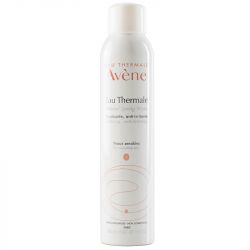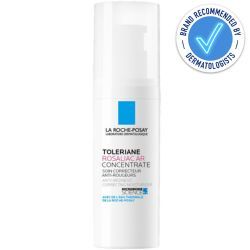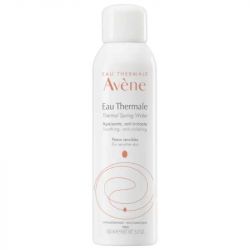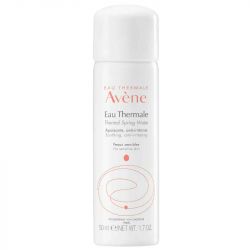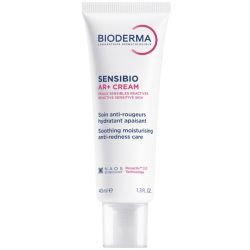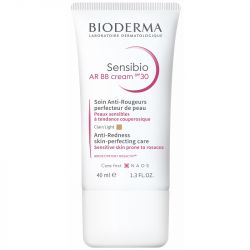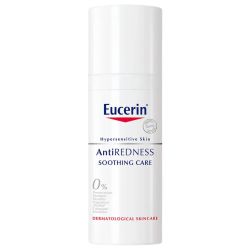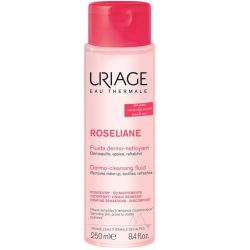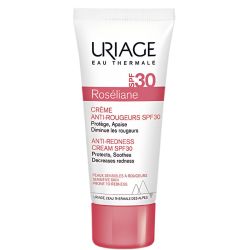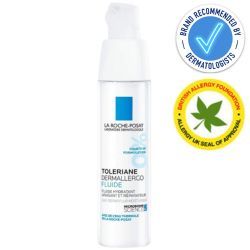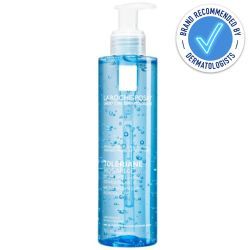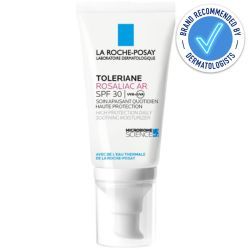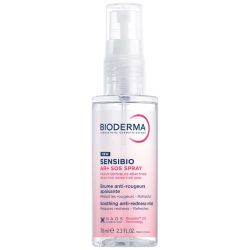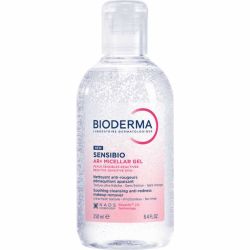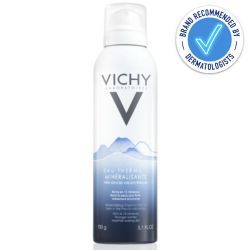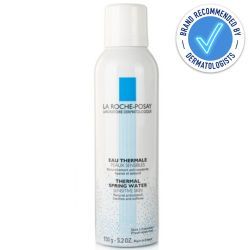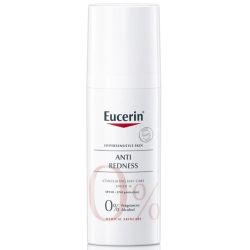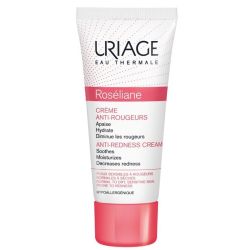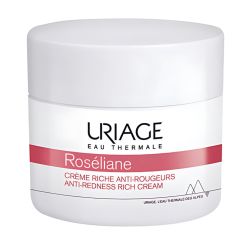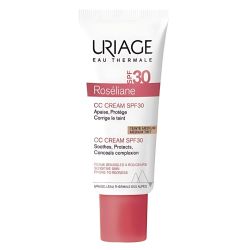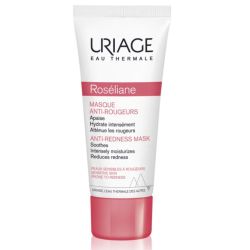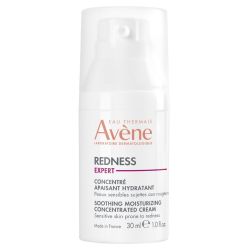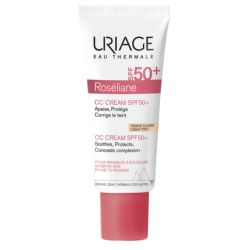Anti-Redness & Rosacea | Dermatological Skincare
Anti-redness creams and skincare for rosacea are designed to soothe and calm sensitive, redness-prone skin, targeting the visible flushing and irritation often caused by inflammation, weakened skin barriers, or triggers like environmental changes. Dermatological skincare brands, such as La Roche-Posay, offer products enriched with soothing ingredients like niacinamide, thermal spring water, and gentle moisturisers to strengthen the skin barrier and reduce redness.
- La Roche-Posay Toleriane Rosaliac Micellar Make-Up Removal Gel 195mlSpecial Price £12.75 Regular Price £17.00
- Eucerin Anti-Redness Concealing Day Cream Tinted SPF30 50mlSpecial Price £19.20 Regular Price £24.00Out of stock
- Uriage Roseliane Anti-Redness Rich Cream 40mlSpecial Price £13.60 Regular Price £17.00Out of stock
- Uriage Roseliane Anti-Redness CC Cream SPF30 40mlSpecial Price £15.20 Regular Price £19.00Out of stock
- Avene Redness Expert Soothing Moisturising Concentrated Cream 30mlSpecial Price £19.60 Regular Price £24.50Out of stock
- Uriage Roseliane Anti-Redness CC Cream SPF50 40mlSpecial Price £16.00 Regular Price £20.00Out of stock
Dermatological FAQ's: Anti-Redness & Rosacea Skincare
What is the best cream for rosacea and redness-prone skin?
The best creams for rosacea are formulated with dermatologically tested ingredients that soothe irritation, strengthen the skin barrier, and reduce redness. Look for products containing skincare ingredients like niacinamide, ceramides, and thermal spring water, which help calm inflammation and hydrate sensitive skin. Products like La Roche-Posay Rosaliac AR Concentrate, Eucerin Anti-Redness Soothing Care Cream, and Avene Redness Expert Soothing Moisturising Concentrated Cream are specifically designed for rosacea and redness-prone skin. These creams also work to improve long-term skin health while minimising triggers.
People with rosacea should avoid harsh or irritating ingredients that can trigger flare-ups, such as:
- Alcohol (often found in toners or astringents).
- Fragrances (can irritate sensitive skin).
- Essential oils (may cause inflammation).
- Exfoliating acids like glycolic acid or salicylic acid in high concentrations.
- Menthol and peppermint (can aggravate redness).
Using products from dermatological skincare brands ensures that formulations are gentle and suited for rosacea-prone skin.
Can hyaluronic acid help with rosacea?
Yes, hyaluronic acid is an excellent ingredient for rosacea-prone skin. It provides deep hydration, helping to soothe dryness and irritation often associated with rosacea. Unlike some other active ingredients, hyaluronic acid is non-irritating and works to maintain the skin's moisture balance, reducing sensitivity and redness. It’s a common feature in dermatologically-tested products from brands like La Roche-Posay, Bioderma, and Eucerin.
What is the difference between rosacea creams and general anti-redness creams?
While general anti-redness creams may address redness caused by sensitivity or irritation, rosacea creams are specifically formulated to target the chronic inflammation and visible redness associated with rosacea. Rosacea creams often contain specialised ingredients like azelaic acid, metronidazole, or sulfur to manage symptoms, while general anti-redness creams focus on soothing and hydrating the skin.
Are dermatologist-recommended brands better for managing rosacea?
Yes, dermatologist-recommended brands are typically better for managing rosacea as they formulate products specifically for sensitive and redness-prone skin. Brands like La Roche-Posay, Eucerin, Bioderma, and Avène use clinically tested ingredients that are free from harsh irritants, fragrances, and alcohol. These products are designed to reduce redness, calm inflammation, and strengthen the skin barrier without triggering flare-ups, making them a safer choice for rosacea-prone individuals.
How long does it take for anti-redness creams to show results?
The time it takes to see results depends on the severity of the redness and the product used. Generally, anti-redness creams begin to show improvement within 2-4 weeks of consistent use. Rosacea-specific treatments may take longer, especially if prescription-strength products are required. To maximise results, use products as directed and incorporate a gentle skincare routine free from triggers.
Can anti-redness creams completely cure rosacea?
No, rosacea cannot be cured, but anti-redness creams can significantly help manage symptoms and improve skin appearance. These creams reduce inflammation, soothe irritation, and prevent redness from worsening. For severe cases, a combination of dermatological skincare, prescription treatments (like azelaic acid or metronidazole), and lifestyle adjustments is often recommended to keep symptoms under control.

